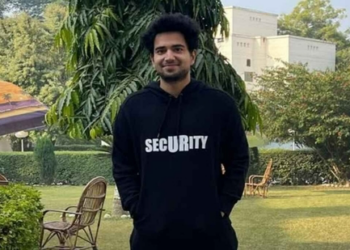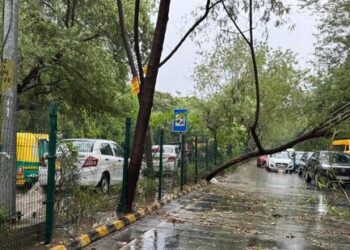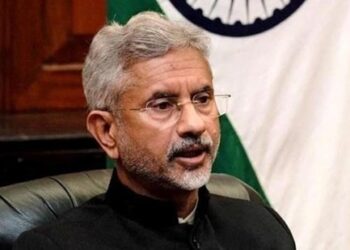In a significant development, the Supreme Court of India has issued a notice to the central government, seeking its response to a petition challenging the blocking of the YouTube channel ‘4 PM’. The channel, operated by Sanjay Sharma, was taken down on April 29, reportedly on the grounds of national security. The petitioner contends that the action was arbitrary and unconstitutional, lacking transparency and due process.
Background of the Petition
Sanjay Sharma, who runs the ‘4 PM’ news channel with a subscriber base exceeding seven million, filed the petition through senior advocate Kapil Sibal. The plea challenges Rule 16 of the Information Technology (Procedure and Safeguards for Blocking for Access of Information by Public) Rules, 2009, which mandates strict confidentiality regarding blocking requests and actions. Sharma argues that this rule prevents content creators from being informed about the reasons for the blocking, thereby violating principles of natural justice and the right to free speech.
Allegations and Legal Grounds
The petition alleges that the blocking order was issued without providing Sharma with a copy of the order or an opportunity to be heard. This lack of transparency and accountability is claimed to infringe upon the constitutional rights guaranteed under Articles 14 (Right to Equality), 19(1)(a) (Freedom of Speech), and 21 (Right to Life and Personal Liberty). Furthermore, Sharma’s channel had recently raised critical questions about accountability and lapses following the Pahalgam terror attack, which may have contributed to the government’s decision to block the content.
Court’s Response and Future Proceedings
The Supreme Court bench, comprising Justices Bhushan R. Gavai and K.V. Viswanathan, has scheduled the next hearing in two weeks. The court emphasized the need to hear both sides before passing any orders and has directed the Ministries of Electronics and Information Technology and Home Affairs to respond to the petition. Additionally, the court has issued a notice to YouTube, the intermediary responsible for implementing the blocking order, seeking an explanation for its actions.
Implications for Digital Rights and Content Moderation
This case highlights the ongoing debate over content moderation practices and the balance between national security concerns and the protection of digital rights. Critics argue that the current framework allows for arbitrary censorship without adequate safeguards, potentially stifling free expression and press freedom. The outcome of this case could set a precedent for how content blocking is handled in the future, ensuring that content creators are afforded due process and transparency.



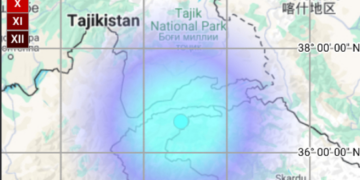
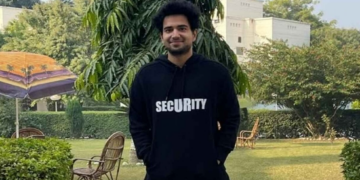



 India
India


